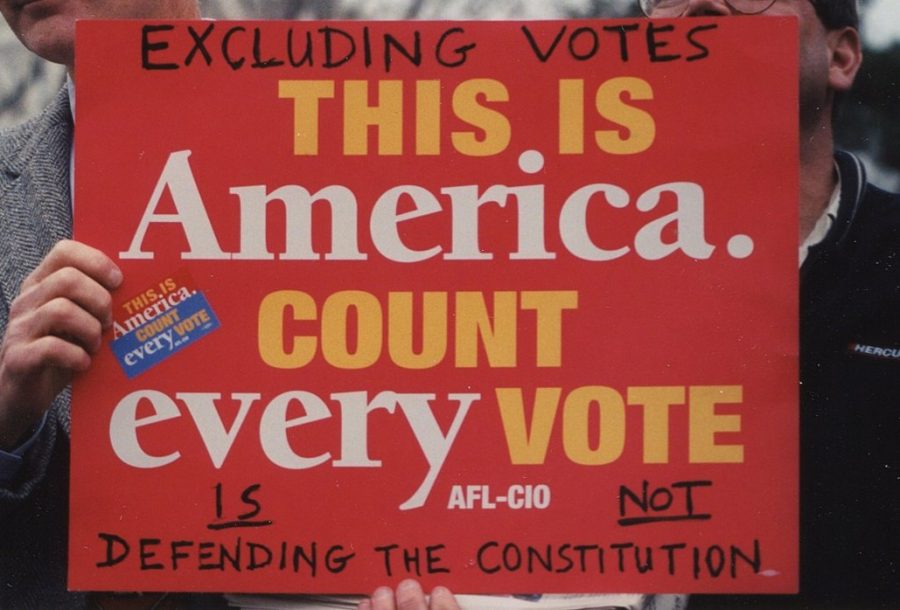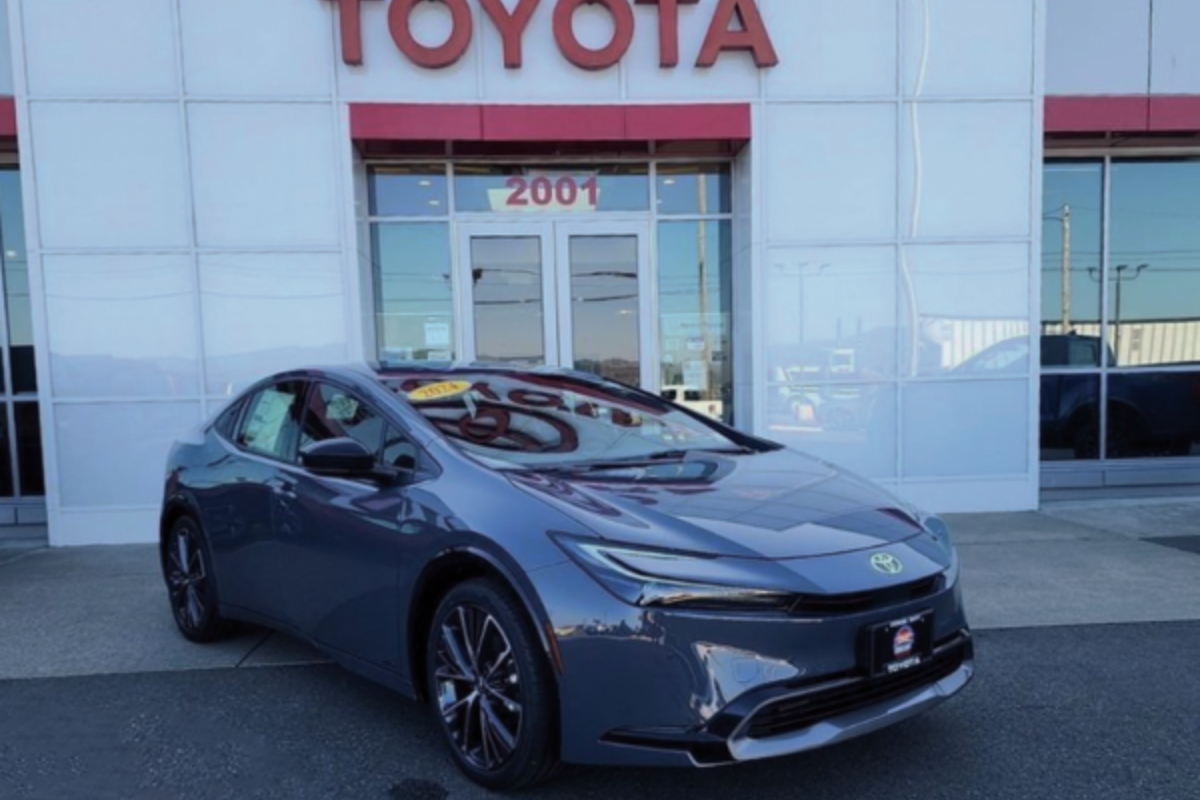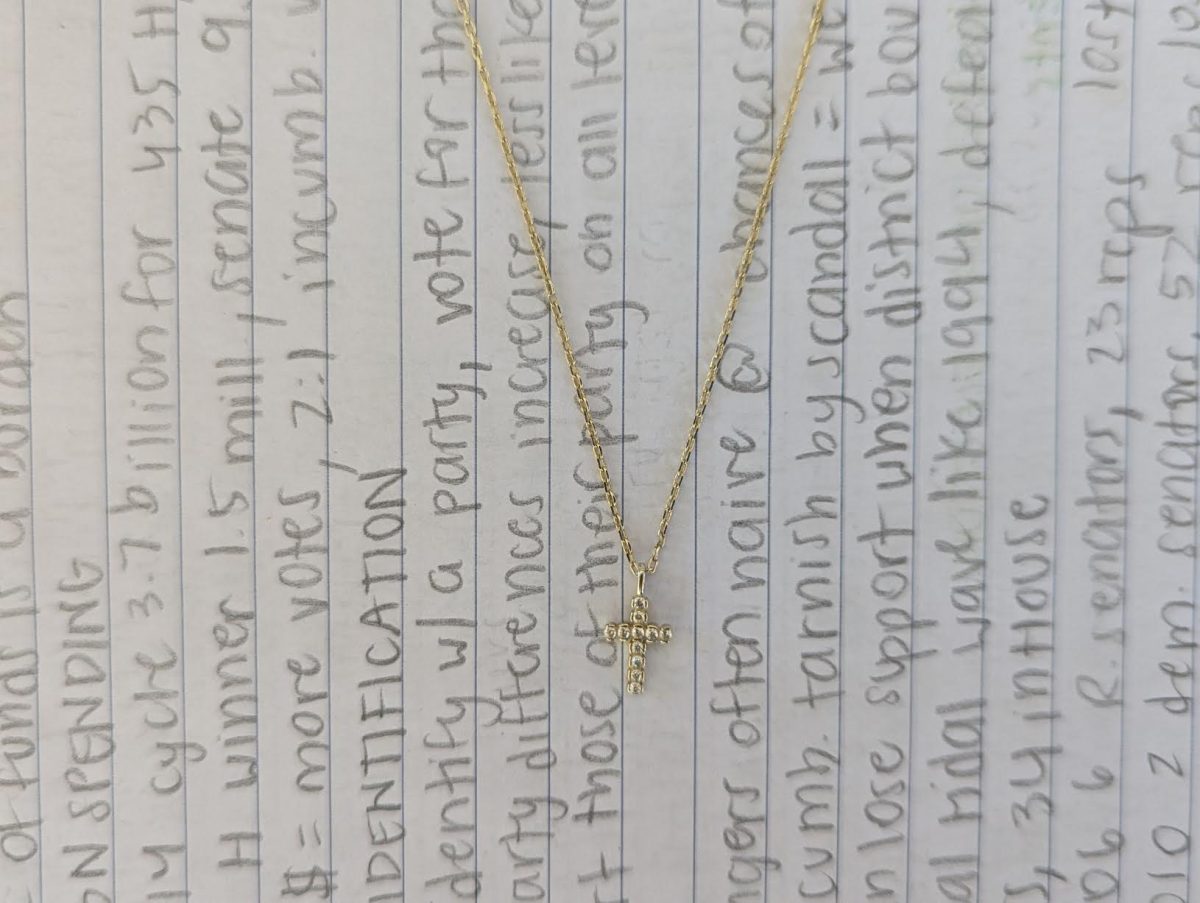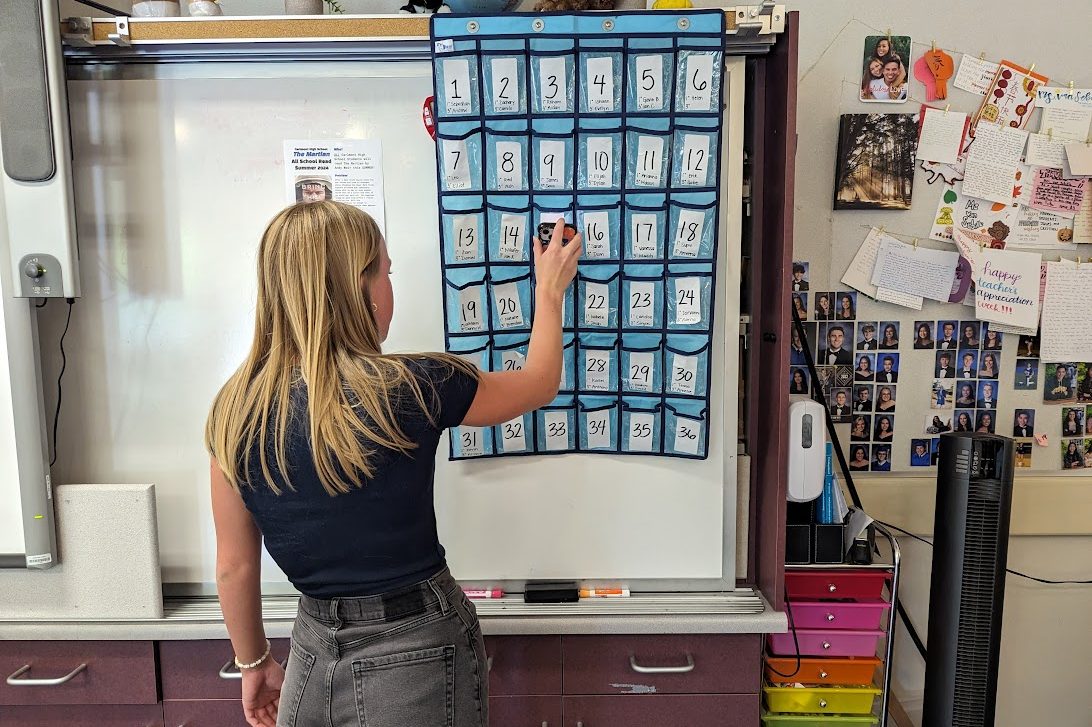America.
A place where everyone has a say on key issues and can vote for change. A place where everyone’s voice is heard.
Or so it seems.
Since its approval in 1787, the Electoral College has directly undermined this nation’s democracy with a state-by-state voting system.
The Electoral College was initially proposed as a compromise when the U.S. geared towards a civil war. The South, displeased with the North’s greater population, desired a greater impact in elections and laws, including slavery and the right to vote. The North then agreed to the Constitutional Convention in a failed attempt to maintain internal peace and prevent a civil war. One of the three compromises in the Constitutional Convention included the Electoral College.
The system was essentially a compromise between a direct popular vote and a vote by Congress to elect the president. It consists of electors that depend on its total number of representatives in Congress. Each of the electors gets one vote in the presidential election, totaling to 538 electoral seats. Following the general election, the candidate who receives a majority of the votes (270) wins the race.
The Electoral College was created largely over a desperate attempt to please the South, which also connects back to slavery. Like many things in this country, the system has racist origins and now functions as an irrational, undemocratic system of modern voting. Although it may have seemed like a reasonable agreement in order to avoid a conflict with the South, there is no sound reason for its continuation today.
By protecting a system that elects on a state level, the United States Constitution puts a threat on the individualism of its nation’s people. As the 12th Amendment to the Constitution, the Electoral College prevents a popular election instead of enforcing a popular election of presidential electors. This creates an election process where the people’s true preferences are not reflected at mass.
As a direct result, presidential candidates have often been elected regardless of what the majority of the country voted.
In 2016, for instance, current president Donald Trump was elected despite his loss in the popular election. Hillary Clinton, the candidate running against him, received the majority of votes by nearly three million. However, she lost the Electoral College by 77 electoral votes, which ultimately cost her the election.
This isn’t the first occurrence of an instance like this; there have been four other United States presidential elections in which the winner lost the popular vote. This flawed condition of the Electoral College decides our nation’s leader not from the voice of the people, but by an outdated system that violates America’s democracy.
With the Electoral College in place, there is also a chance of system failure. In the event of a tie (269-269 votes), each of the 50 states would be given one vote, offering freedom for each state to determine who to vote for. The winner with the majority of state votes (26) would be chosen by the House of Representatives. This backup option consists of increasingly unfair divisions, which further lessens the impact of the majority votes.
At its core, the Electoral College allows some states, such as Alaska and Wyoming, to have much more say than bigger states, such as California and Texas. This undermines the people in said states as their individual votes are technically lesser than those in other states. For instance, it takes 16.2 voters in Texas to be equal to the say of a single voter in Alaska. This is a direct violation of the Constitution’s “all men are created equal.” In turn, this gives people less incentive to vote with a winner-takes-all approach to the state system in place.
Additionally, this approach completely disregards the voting minority in that state. If a candidate wins a state by a slim margin, they immediately gain all of the electoral votes. This is commonly seen in swing states each election.
Despite this, many supporters of the Electoral College argue that it is fundamental to America’s federalism. According to the Congressional Research Service, it requires candidates to appeal to voters outside of large cities, increases the political influence of smaller states, and preserves the two-party system. However, not all of those were the original goals of the Electoral College.
Like a changing, growing country, initial intentions are not always reflected in practice. The Founding Fathers recognized that as they gave future Americans the ability to amend the Constitution in Article 5.
We are living through a period of immense social progress as America has tried to outgrow its past, flourish as a nation, and strive for improvement. A truly democratic and proportional voting system would reflect what future American’s want for their country. Until we can change these outdated processes, we will never be able to achieve that.
The United States Constitution, whom many claim to protect and defend at all costs, holds a concept that candidly limits the democratic nature of this nation. This leaves us no choice but to question, “Why is the Electoral College still in place?”














